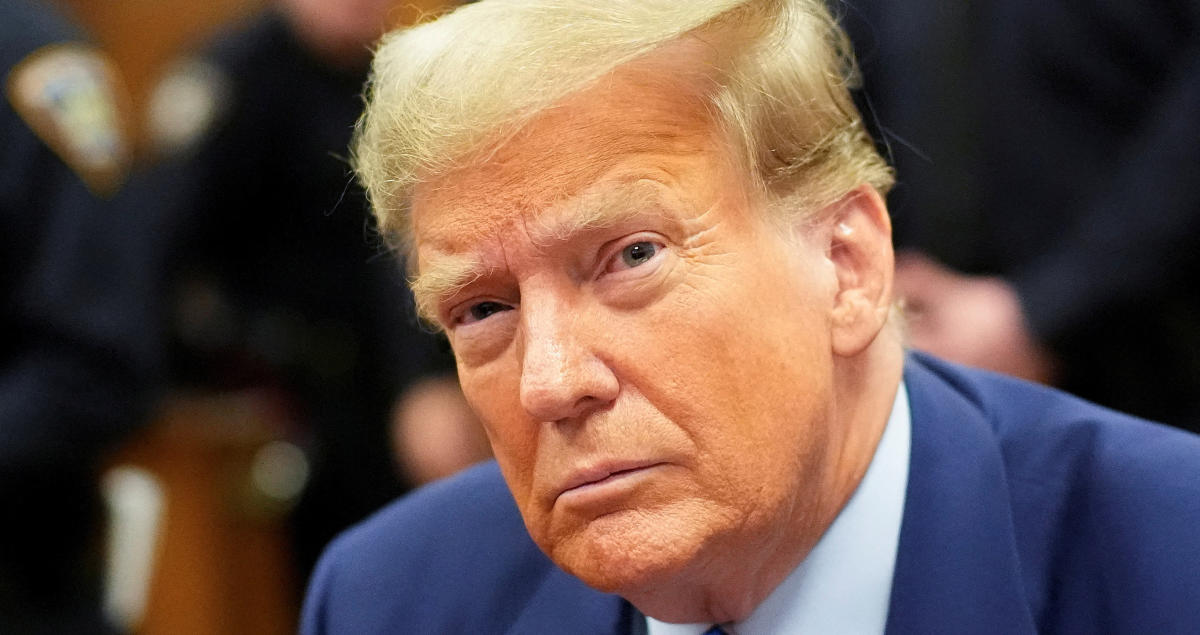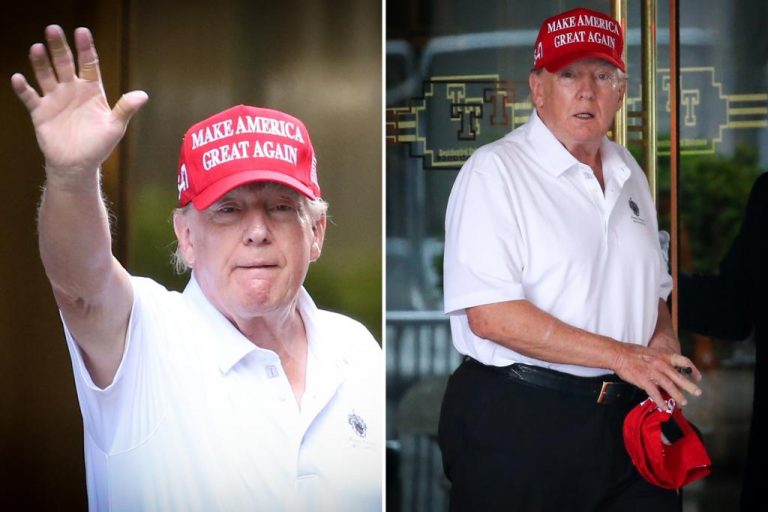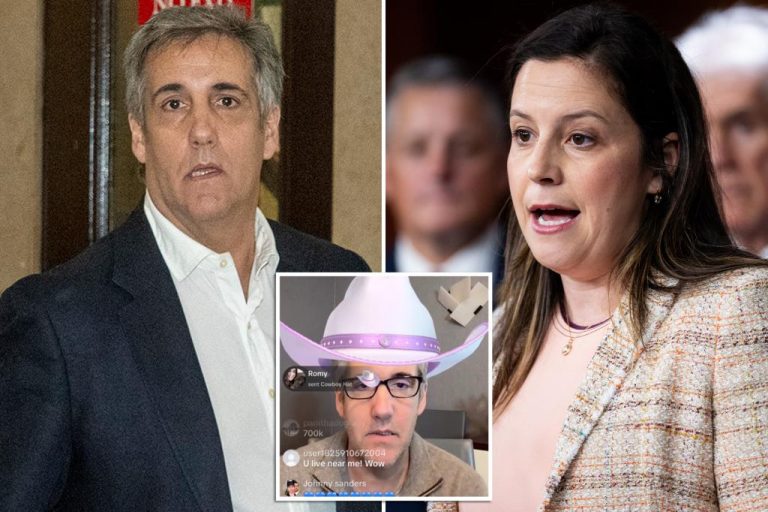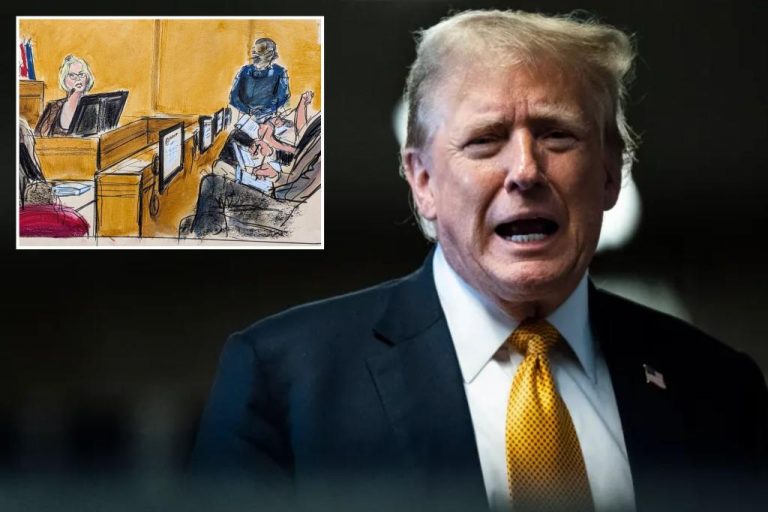How the jury was chosen for Trump’s hush money trial
After weeks of anticipation, the jury selection for Donald Trump’s hush money trial has finally been completed in Manhattan. The jury is now comprised of 12 individuals with six alternates, who will play a crucial role in determining the outcome of the case. Opening arguments are set to commence on Monday, marking the beginning of what is expected to be a trial lasting over six weeks.
The process of selecting the jury involved calling in groups of 18 potential jurors at a time to the courtroom. Judge Juan Merchan provided a brief overview of the charges against Trump and inquired about their ability to remain impartial. Furthermore, the potential jurors were asked about any conflicts that may hinder their attendance throughout the trial.
Each potential juror was then handed a questionnaire comprising 42 questions that had been pre-negotiated and agreed upon by both the prosecution and defense teams.
Individuals who admitted bias or conflicts were promptly excused from consideration. Those who remained were subjected to individual questioning by the legal representatives from both sides.
It was within each party’s rights to reject up to 10 potential jurors without providing a reason. Additionally, the attorneys had the opportunity to present arguments as to why a particular individual may not be fit to serve on the jury. Judge Merchan ultimately had the authority to make the final decision regarding the selection process.
Trump expressed dissatisfaction with the jury selection procedure, claiming that he was misled into believing that the defense had unlimited strikes during the selection process.
Trump’s legal team raised concerns about the potential bias of jurors in a predominantly Democratic city, where Trump spent his formative years, due to extensive media coverage of the case. Prosecutors, however, emphasized the importance of approaching the case with an open mind, regardless of prior knowledge.
Both the prosecution and defense are privy to the identities of the jurors, but only their lawyers will have access to their addresses. Trump is permitted to know the names of the jurors but is prohibited from disclosing their addresses to maintain their privacy and security.
Concerns regarding the protection and anonymity of the jurors were underscored by Judge Merchan’s decision to shield their identities to prevent potential harassment. The judge also cautioned the media against publicizing any personal information about the jurors following the dismissal of a seated juror who voiced concerns regarding the revelation of her identity.
The jury remains anonymous to the public, underscoring the sensitivity and gravity of the case. As the trial progresses, the jurors will play a pivotal role in determining the fate of Donald Trump in this high-profile legal battle.








